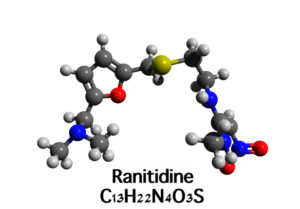The Legal Intelligencer (2/11, Elliot-Engel) reports, "A month before a pharmaceutical class action was set for trial, a Philadelphia judge decertified the class of users of an epilepsy and neuralgia drug seeking reimbursement from the drug’s maker after being prescribed the drug for uses not approved by federal regulators" granting "a pharmaceutical company defendant’s motion for class decertification in Clark v. Pfizer Monday." The judge said,
"Since some class members have benefited from the use of Neurontin and other class members have not benefited, individual questions of fact are presented making the case unsuitable for class resolution."
According to a story in the National Law Journal:
The plaintiffs argued that defendant, Warner-Lambert Co., and its merger partner, Pfizer Inc., violated a federal law that prohibits drug manufacturers from marketing Food and Drug Administration-approved drugs for off-label uses, or uses not approved by federal regulators, according to court papers. The plaintiffs claimed that the drug company defendants conducted a campaign to promote the wider use of Neurontin and gabapentin.
However the Judge was concerned about differences between members of the class:
"Since some class members have benefited from the use of Neurontin and other class members have not benefited, individual questions of fact are presented making the case unsuitable for class resolution," Bernstein said. "Whether an individual class member suffered a compensable loss is an inherently individualized question which predominates making class resolution impracticable and nearly impossible."
Warner Lambert was charged in a criminal case for its off label marketing and paid a $240 million fine in earlier proceedings. Trial was scheduled to begin on March 9.

A resident of Honolulu, Hawaii, Wayne Parsons is an Injury Attorney that has dedicate his life to improving the delivery of justice to the people of his community and throughout the United States. He is driven to make sure that the wrongful, careless or negligent behavior that caused his clients' injury or loss does not happen to others.










Comments for this article are closed.